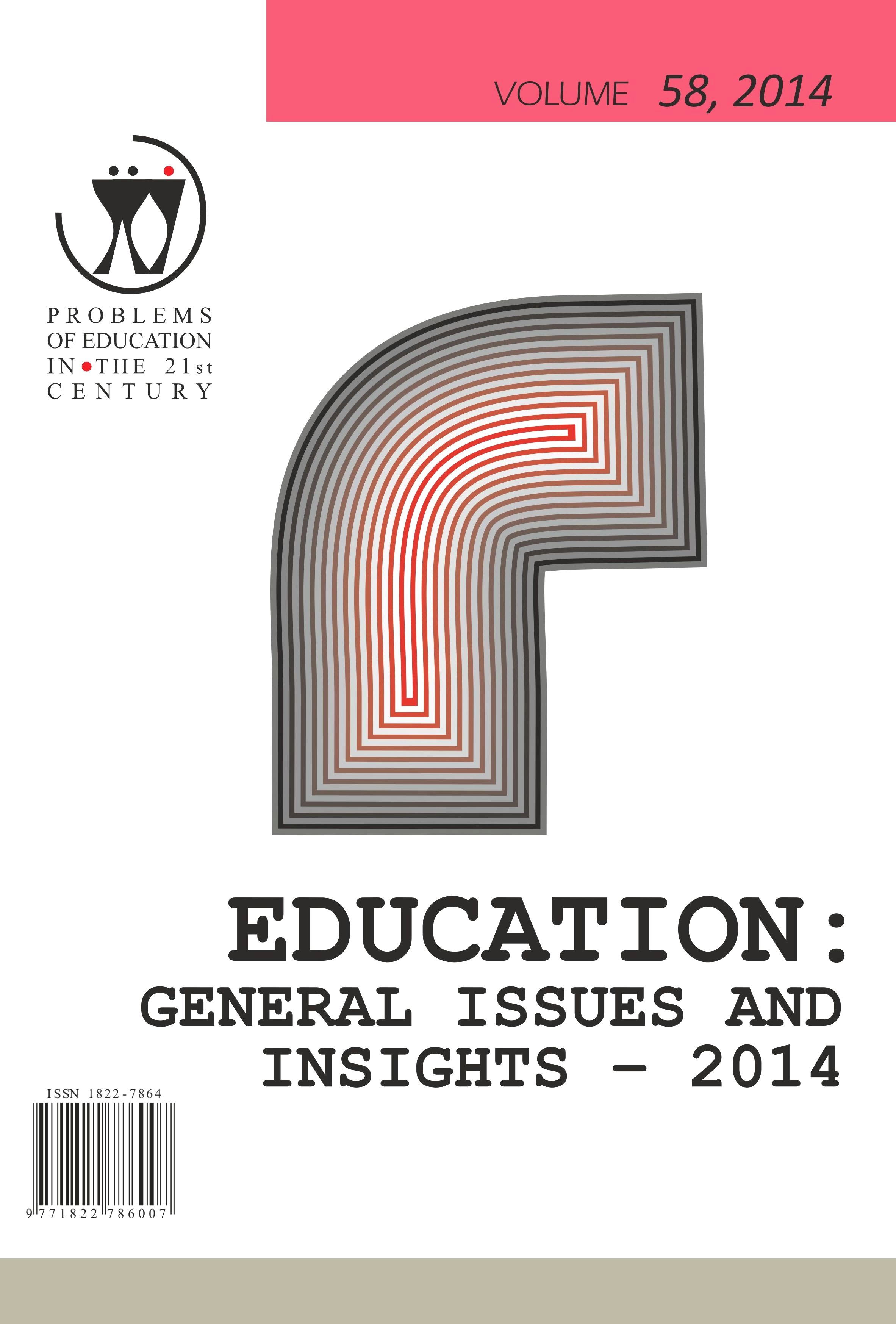THE RELATIONSHIPS BETWEEN THE TRADITIONAL BELIEFS AND PRACTICE OF MATHEMATICS TEACHERS AND THEIR STUDENTS’ ACHIEVEMENTS IN DOING MATHEMATICS TASKS
THE RELATIONSHIPS BETWEEN THE TRADITIONAL BELIEFS AND PRACTICE OF MATHEMATICS TEACHERS AND THEIR STUDENTS’ ACHIEVEMENTS IN DOING MATHEMATICS TASKS
Author(s): Aļesja ŠapkovaSubject(s): Education, School education, Pedagogy
Published by: Scientia Socialis, UAB
Keywords: reported practice; students’ achievement; teachers’ espoused beliefs; teaching of mathematics;
Summary/Abstract: The importance of teachers’ beliefs for students’ learning is highlighted from different sources showing that teachers’ beliefs affect their teaching approach that, in turn, affects students’ achievement. The studies of mathematics teachers’ beliefs in Latvia brought out a contradiction between teachers’ constructivist beliefs on teaching and learning and their traditional routine work while revealing match between some traditional beliefs on teaching and learning and traditionally-oriented instructional practice. The aim of the present study is to explore the possible relationships between the traditional beliefs and practice of mathematics teachers and their students’ achievement in mathematics. For this purpose the Latvian data from two international research projects was analyzed: Singapore National Education Institute project “Non-cognitive skills and Singapore learners – international comparison” and project “Nordic-Baltic comparative research in mathematics education” (NorBa). The sample included 190 mathematics teachers and their 2828 students from grade 9 representing different regions of Latvia, schools with different programs of education, rural areas and cities. The results suggest that the traditional beliefs of teachers are connected with lower students’ achievement in mathematics test, while teachers’ traditionally oriented self-reported practice is positively related to the achievement of their students. The research will discuss the reasons for the outcomes of this study that may refer to a certain extent to other European countries in the sphere of mathematics education that are currently trying to introduce reforms in their systems of education, as well as countries where students demonstrated lower achievements than OECD average in the mathematics test of PISA 2009.
Journal: Problems of Education in the 21st Century
- Issue Year: 58/2014
- Issue No: 1
- Page Range: 127-143
- Page Count: 17
- Language: English

